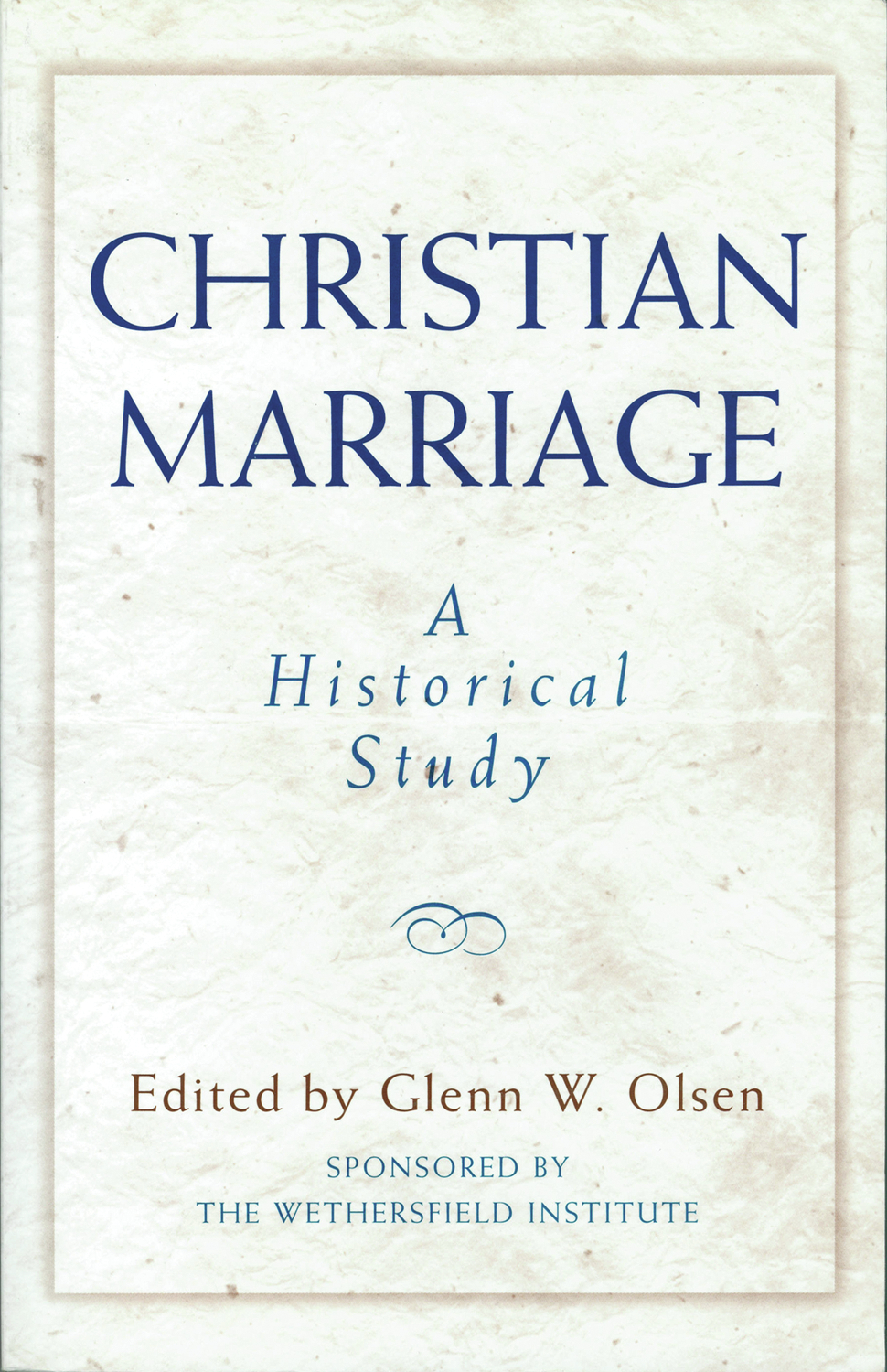- Title: Christian Marriage
- Subtitle: A Historical Study
- Page Count: 384
- Available Formats: Trade-paper (9780824518868)
- Edition: Trade Paper
- Original language: English
- Retail US: Trade-paper (24.95)
- Retail Canada: Trade-paper (27.95)
- Retail Canada: 27.95

